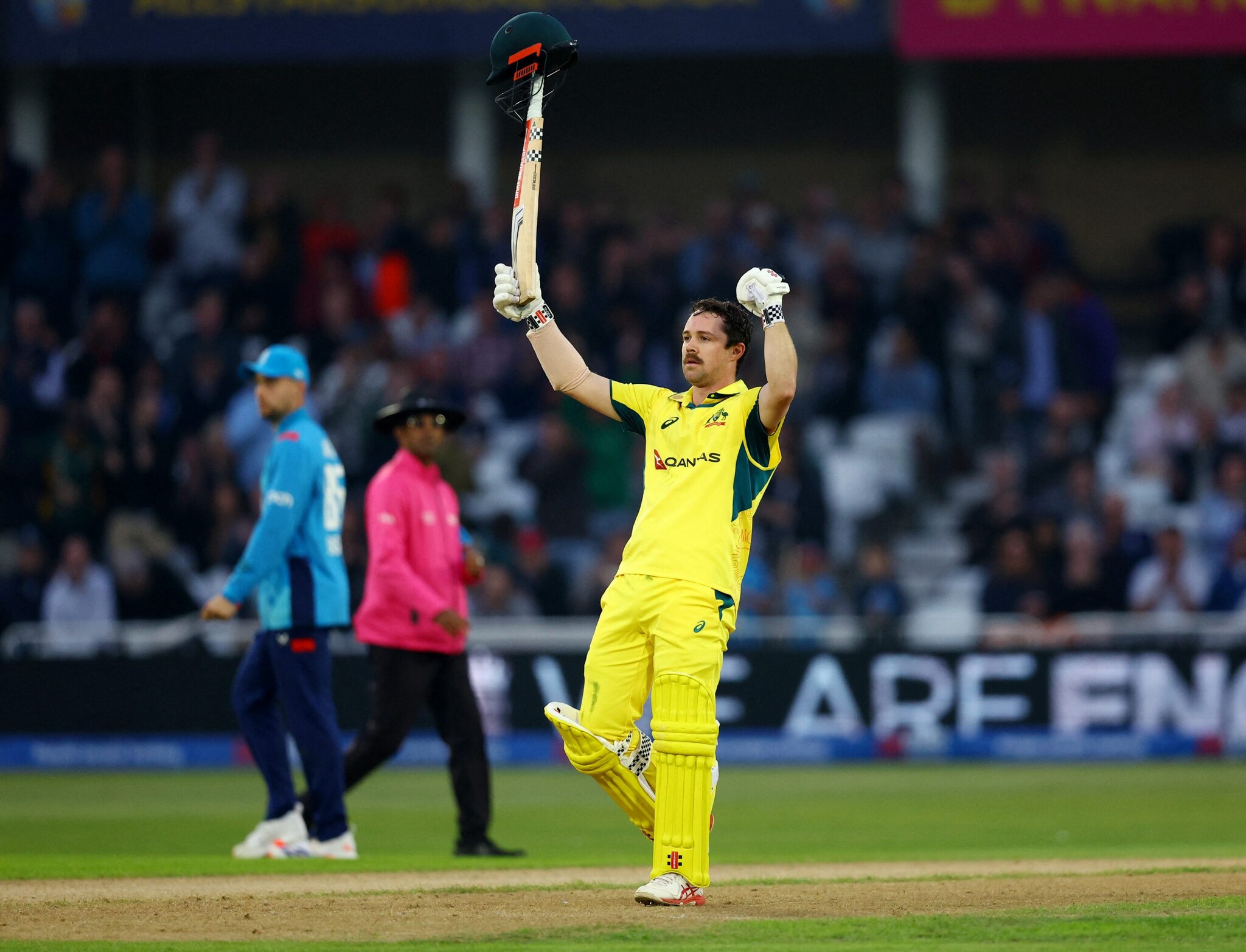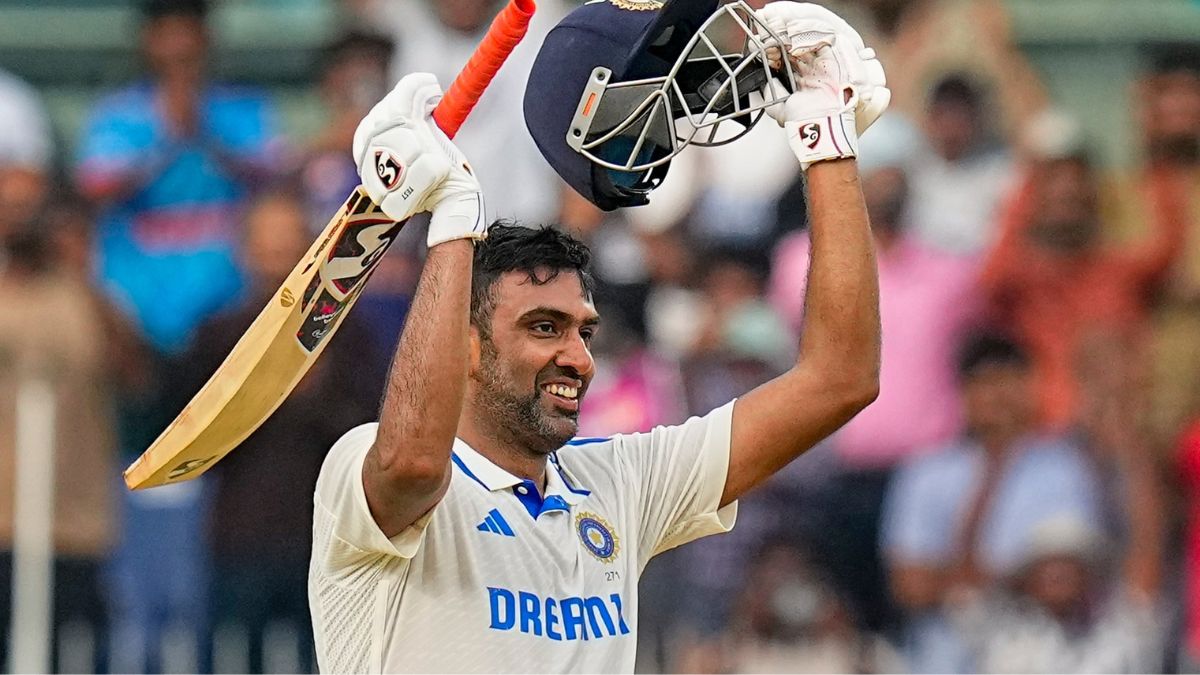
The United Rugby Championship kicks off on Friday and it’s the fourth edition of the league which brings together the best sides from Scotland, Ireland, Wales , Italy and South Africa . It has grown and evolved, comfortably eclipsing the Gallagher Premiership in the last few years and is competing with the Top14 in France as the biggest club competition in the northern hemisphere. There have been three different winners from three different countries since the URC started which emphasises the breadth of competition.
It is understandable, therefore, that there are those south of the border who are watching its growth with envious eyes. Not surprisingly, reports last week that English Premiership clubs were in favour of forming a British and Irish League were met with short shrift by URC organisers. It has been presented as a merger of the two leagues but it’s hard to see this as a realistic option.

On the surface it’s also difficult to understand why Premiership clubs and the English media would want this considering just last year both parties spent the season deriding the quality of the URC in comparison to their own league. English club rugby needs money. The Premiership is a poor product now.
The last six or seven years has seen a steady decline in quality and whilst the top clubs in the league while always be competitive in the top European competitions, the gap between the top and the bottom of the Premiership has only widened. English Rugby’s total lack of planning for rugby below the top league and the ring-fencing of the Premiership post-Covid has only hastened it’s decline. More seriously is the dire financial predicament that all the clubs in the Gallagher Premiership find themselves in with every single club posting losses in the 2022-23 season and only three, Gloucester, Leicester, and Northampton, posting losses of under seven figures.
As well as this the league has seen three clubs - Wasps, Worcester and London Irish – all be liquidated. As a matter of urgency to help balance the books, the salary cap imposed on clubs by the league has been reduced year on year but has led to the exodus of English and international stars to France and Japan. Like most sports, the main money maker for the premiership is TV rights but with the current deal with TNT Sports finishing at the completion of the 2023/24 season and no other potential suitors keen to take on a declining product, English rugby’s premier competition is looking at a much more modest rights deal than the one struck during Covid with BT Sport (now TNT).
The loss of the Champions Cup from TNT to Premier Sports is another worrying sign for the Premiership. After constant fudging of the format at the behest of French and English clubs the Champions Cup has gone from the best club competition in the world into one which is not that enjoyable to watch or follow. It’s complicated and convoluted and you don’t know who’s playing who.
Under the old format, it was groups of four, you played each other twice, home and away, and it followed a similar format to the Champions League in football. Fans loved it and you could plan for it every year. The format now - which, ironically, the Champions League has just adopted - has weakened the Champions Cup and it’s telling that TNT were prepared to let it go.
It suggests the tournament is no longer the financial powerhouse it once was. So if the Champions Cup is no longer a prime product and the Premiership is no longer a prime product then it means the English clubs are competing in two slightly diminished tournaments. By contrast, the URC is a success.
There are still issues, notably with travel, but you can’t argue with the quality of the rugby since the South African sides came in. It’s an entertaining cross-border, cross-hemisphere competition that people really enjoy. People talk about the importance of local rivalries but new rivalries are being made every year in the URC which has evolved from the old Celtic League, Pro12 and the Pro14.
The URC is an impressive product and it’s a good league to be in. Attendances are up and so are TV audiences and social media engagement. It’s garnering a lot of attention and generating good money.
The only dissatisfied parties in the URC seem to be the Welsh teams or their fans. Since the creation of the URC there has been disgruntlement from them around the league and a clamour for an Anglo-Welsh cross border competition. It makes sense geographically but even the old English/Welsh rivalries will struggle to generate the same amount of money and growth as the URC.
Having said that, you can see why hopping across the border to watch their teams play Gloucester and Bath is more appealing than having the Welsh regions fly out to South Africa. That’s why it wasn’t a surprise last week when the initial suggestion to emerge from the meeting of the Premiership clubs was for an Anglo-Welsh league. That then seemed to evolve quickly into a British and Irish League which would in effect be a merger of the Premiership and the URC with the South African and Italian teams facing an uncertain future.
But I don’t see any interest or need from a Scottish and Irish perspective in a British and Irish League. They are already in a strong league with great competition, a growing fan base and a huge amount of potential. Italian rugby is getting stronger and stronger and it would be really stupid to cut them off at this point in time.
Look how strong their under-20 team is and look at the improvement in their national side. Benetton, too, have improved hugely in recent seasons. Italian rugby is really making progress and there is a lot of money in the sport in Italy so it would be foolhardy to cut off that revenue stream.
As for South Africa, why would you cut adrift teams from the nation that is the two-time reigning world champion? Those four sides are packed with star quality. You’ve got the likes of Siya Kolisi, Eben Etzebeth, Kurt-Lee Arendse and Makazole Mapimpi - these are all stellar names. There is also a huge audience for rugby in South Africa, the interest in the sport is massive over, and all four of the teams have raised the standard of the league significantly.
What would the English clubs bring to the table apart from a few traditional rivalries? The reality is that it all comes down to finances and the URC have been quick to come out and say they are not considering it. The IRFU have indicated they would only consider it if the South African and Italian teams were involved. So, they aren’t talking about a British and Irish League as such, more allowing some English teams into the URC.
The long-term of future of rugby might perhaps be an amalgamation of both leagues but at the minute it’s hard to see what the immediate benefit would be to any of the nation’s other than a financial lifeline for the English sides. At the minute the URC has the huge potential for growth. It exposes the players to a much wider fanbase and the best way to grow the game is to elevate the players' profiles.
There will always been supporters disenfranchised with whatever the league they are part of. At the minute the majority of those seem to be supporters of Welsh rugby and they have been highly critical on social media about the introduction of the South African trams. They don't like the URC and they don't like the travel and they say it's unpopularity is reflected in poor attendances but the problems in Welsh rugby run a lot deeper than the URC which has become a convenient scapegoat.
I don’t think there would be any more money for the Welsh clubs in a British and Irish League and I struggle to see how it could be viable. Unless England’s top four teams came into the URC and it becomes a 20-team league and you play each other once or it splits into two conferences of ten teams and you play home and away then come together at the end. But even that sounds complicated.
The other option could be to allow the Welsh teams to leave the URC and join up with the English clubs. It would allow the URC to expand and perhaps bring in teams from other territories, like Black Lion from Georgia further increasing it’ multicultural appeal, and opening up new markets to further grow the game. From a Scottish point of view, I don’t see the need for a British and Irish League.
The URC is working well, competition is increasing, and the respective national teams are benefiting. At a time of financial instability internally, long term planning and growth is the best path, not short termism..














